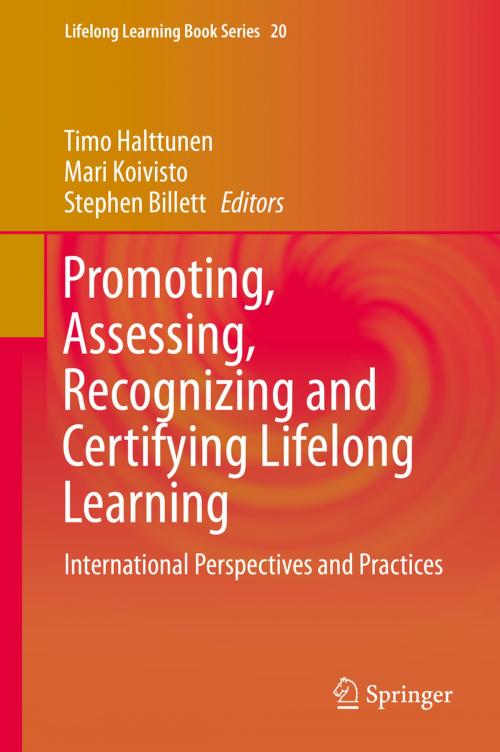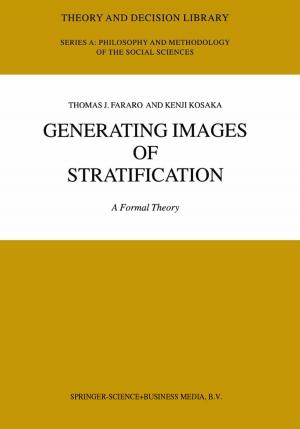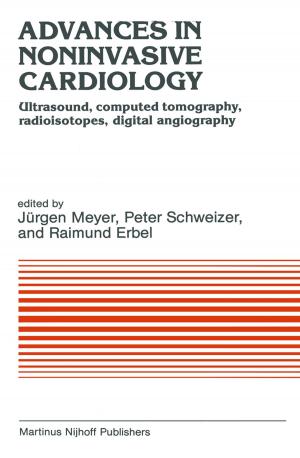Promoting, Assessing, Recognizing and Certifying Lifelong Learning
International Perspectives and Practices
Nonfiction, Reference & Language, Education & Teaching, Educational Theory, Adult & Continuing Education, Counseling & Guidance| Author: | ISBN: | 9789401786942 | |
| Publisher: | Springer Netherlands | Publication: | March 11, 2014 |
| Imprint: | Springer | Language: | English |
| Author: | |
| ISBN: | 9789401786942 |
| Publisher: | Springer Netherlands |
| Publication: | March 11, 2014 |
| Imprint: | Springer |
| Language: | English |
This book offers an international perspective on the growing interest worldwide in lifelong learning, particularly as it relates to learning beyond compulsory education and initial occupational preparation: across working life. Much of this interest is driven by key social and economic imperatives associated with the changing requirements of work and working life, the transformation of many occupations and lengthening working lives. The concerns in lifelong learning are also associated with individuals being able to engage in learning about cultural and social topics and practices that they had not so far. It is important to understand how this learning can be assessed, recognized and certified. Many in workforces across the world learn much of the knowledge that is required to maintain their employability through that work. Yet, that learning and that competency remains without recognition and certification while this could be particularly helpful for individuals seeking to sustain their employability or to extend their work into new occupations or workplaces. The first section of this book sets out the overall project and outlines the key concepts and issues. It illustrates why there is a need for promoting and recognizing lifelong learning and explains some of the terminology, concepts and key considerations. The second section informs about a range of policies and practices that are currently being deployed or have been deployed across a range of countries within Europe, Scandinavia and Asia. The last section comprises of contributions emphasizing the ways in which the assessment of workers learning takes place in different occupational contexts and different cultural contexts. The final chapter outlines how a systemic approach to recognizing lifelong learning might progress for a country which is promoting a continuing education and training system largely outside of tertiary education institutions.
This book offers an international perspective on the growing interest worldwide in lifelong learning, particularly as it relates to learning beyond compulsory education and initial occupational preparation: across working life. Much of this interest is driven by key social and economic imperatives associated with the changing requirements of work and working life, the transformation of many occupations and lengthening working lives. The concerns in lifelong learning are also associated with individuals being able to engage in learning about cultural and social topics and practices that they had not so far. It is important to understand how this learning can be assessed, recognized and certified. Many in workforces across the world learn much of the knowledge that is required to maintain their employability through that work. Yet, that learning and that competency remains without recognition and certification while this could be particularly helpful for individuals seeking to sustain their employability or to extend their work into new occupations or workplaces. The first section of this book sets out the overall project and outlines the key concepts and issues. It illustrates why there is a need for promoting and recognizing lifelong learning and explains some of the terminology, concepts and key considerations. The second section informs about a range of policies and practices that are currently being deployed or have been deployed across a range of countries within Europe, Scandinavia and Asia. The last section comprises of contributions emphasizing the ways in which the assessment of workers learning takes place in different occupational contexts and different cultural contexts. The final chapter outlines how a systemic approach to recognizing lifelong learning might progress for a country which is promoting a continuing education and training system largely outside of tertiary education institutions.















